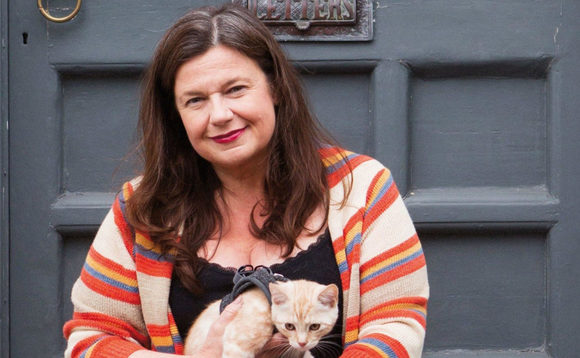Warning: Trying to access array offset on null in /var/www/openuk/wp-content/themes/openuk_v2/theme_extra/theme_blocks/top_banner_2023/top_banner_2023.php on line 5
Warning: Trying to access array offset on null in /var/www/openuk/wp-content/themes/openuk_v2/theme_extra/theme_blocks/top_banner_2023/top_banner_2023.php on line 6

Bias, imposter syndrome and confidence
Amanda Brock, CEO at OpenUK, a not-for-profit that represents open source software, hardware and open data companies in the UK, speaks of a ‘confidence gap’, particularly in terms of ‘imposter syndrome’ where people can feel they’ve got where they are because of luck, not ability. She says of imposter syndrome: “It’s a concept that I am all too familiar with, and one that held me back until it was explained to me. Once I recognised that particular dragon it was possible to work out my tactics in slaying it.”
For Brock this isn’t a gender issue – it’s an everyone issue. She tells The Business Briefing that it’s important to create a culture where everyone can feel they belong, and this means addressing a whole range of factors around inclusion. She says: “I recently heard it explained as diversity meaning you were invited to the dance, inclusion meaning you were able to dance and belonging was when you could choose the music”
We are much more aware of all these issues than we have ever been before, and with awareness come understanding. “The fact these conversations are happening is a major step forward. I was in my 40s before someone asked if that was why I was being self-effacing and diminishing my achievements,” Brock adds.





